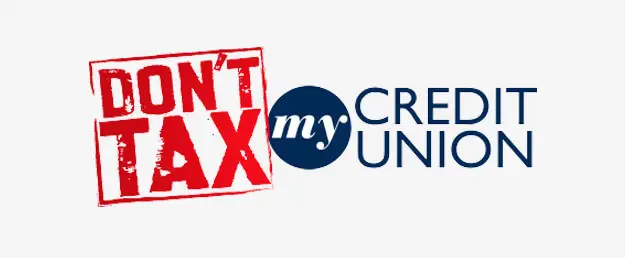Mortgage rates have hit “historic lows” recently due to COVID’s impact on the housing market. As a homeowner, you might be wondering what that means and, more specifically, if it means you should consider refinancing your home loan. In short, refinancing replaces an existing loan with a new loan that pays off the old loan debt. When interest rates are low, this can help you save money over the lifetime of your loan.
In many cases, the pros of refinancing outweigh the cons. But that doesn’t guarantee that refinancing your home mortgage is the right choice for you. Here are a few things to consider before you decide whether or not to refinance.
What to consider when refinancing your home
When you hear that mortgage rates are at historic lows, this typically points to the standard 30-year fixed mortgage. Refinancing at the right time can lock in lower interest rates and smaller monthly payments, providing a welcome financial boost. These are four common pros (and the related cons) of refinancing a 30-year fixed home mortgage.
Reduce monthly payments
If you recently experienced a loss of income or want to reallocate your monthly budget to achieve other financial goals, extending your mortgage can keep more money in your pockets. On the flip side, your 30-year loan term will reset, and you may end up paying more interest over time.
Lower your interest rate
If you recently closed on your home loan, refinancing is an excellent way to take advantage of a lower interest rate. Depending on how many years you have left on your loan, refinancing when rates fall could save you thousands of dollars. Plus, you’ll lock in that low rate for the duration of your loan. However, if you’ve had your loan for several years or more, you might not save in the long run because refinancing will reset your loan term. Thus, you’ll wind up paying less interest but it will add up over a longer period of time.
Switch to a fixed-rate mortgage
If you currently have an adjustable-rate mortgage (aka a variable-rate mortgage), you know the interest rate periodically adjusts based on factors that affect the credit markets. With this type of loan, rates can rise unexpectedly—costing you more. Refinancing allows you to lock in a stable fixed-rate mortgage when interest rates are favorable. The con? If rates drop even lower, you’ll need to refinance and reset your fixed-rate loan.
Shorten your loan term
If you can afford to increase your monthly payments, refinancing for a shorter loan term can also help you save a substantial amount of money on interest over your loan’s life. As an added benefit, refinancing to shorten your loan term gets you one step closer to owning your home outright.
Is refinancing right for you?
There’s no one-size-fits-all answer for whether or not to refinance. If you’re thinking about refinancing your home, talk with your lender, weigh your options, and do the math to determine if refinancing will get you closer to financial freedom. At DEXSTA, we offer competitive home equity and mortgage rates and help you choose the option that best suits your financial goals.





